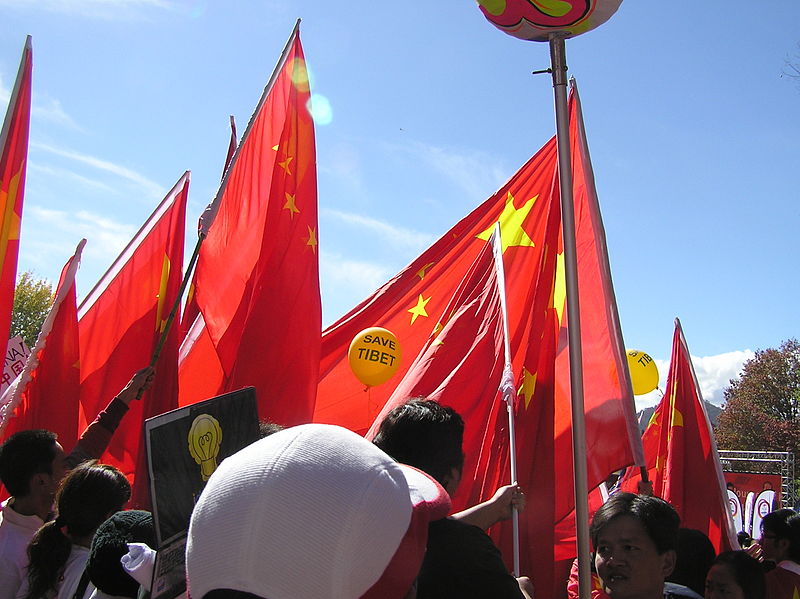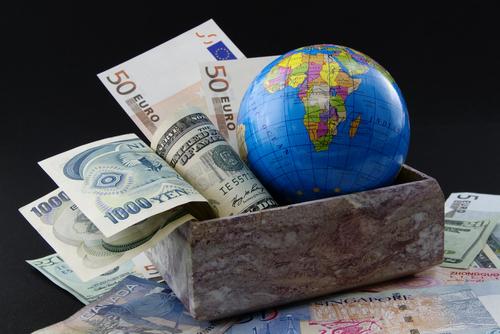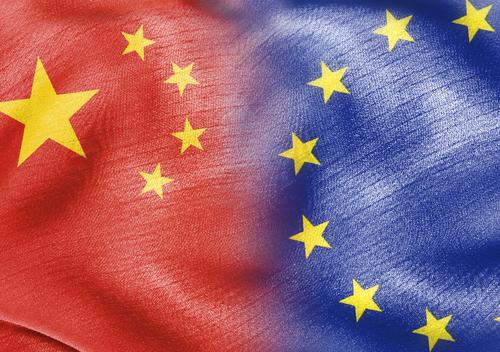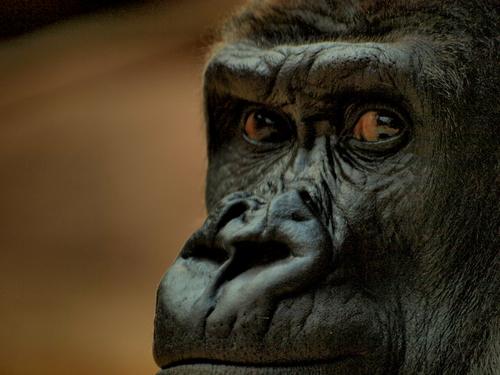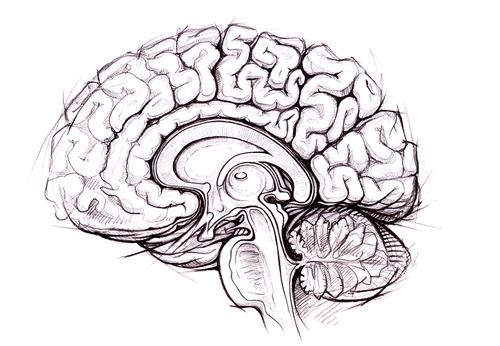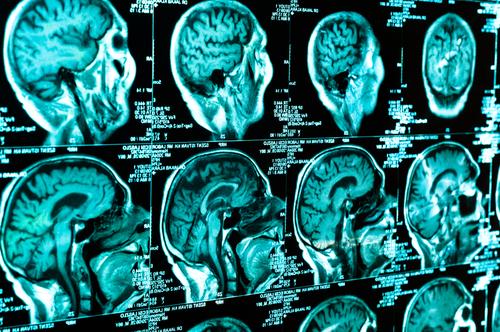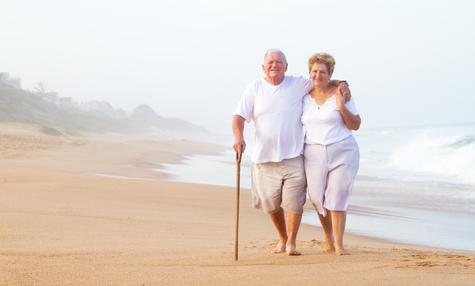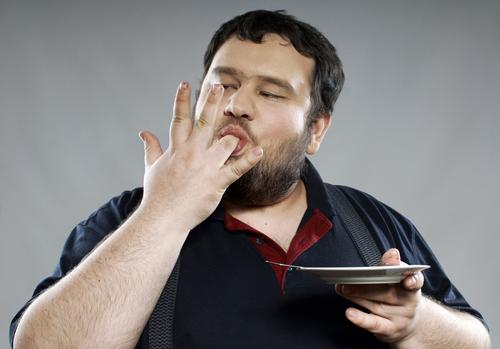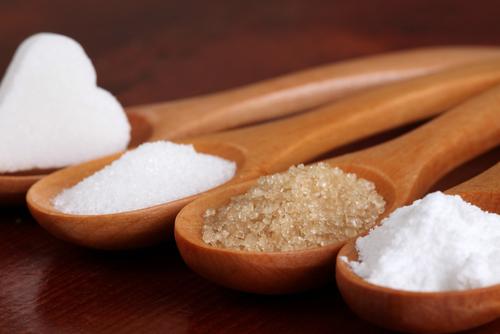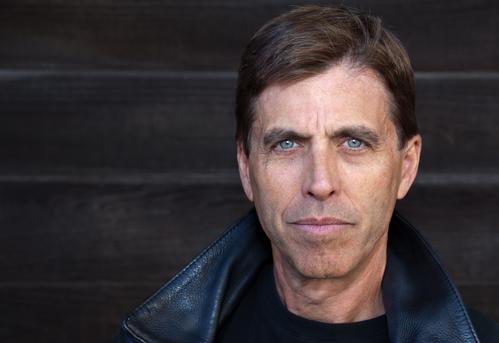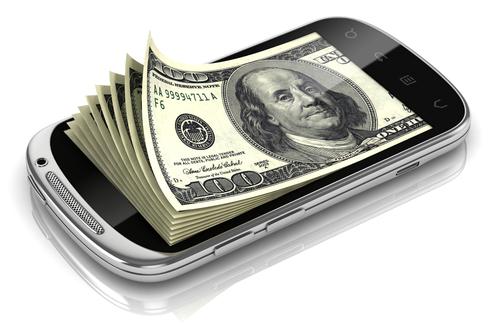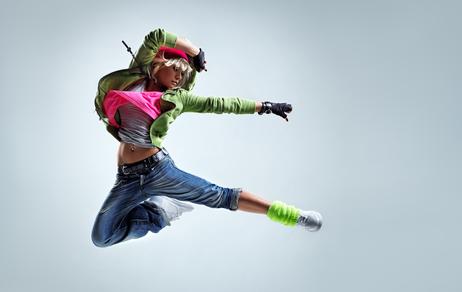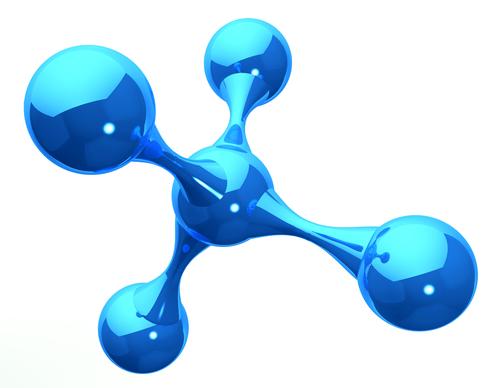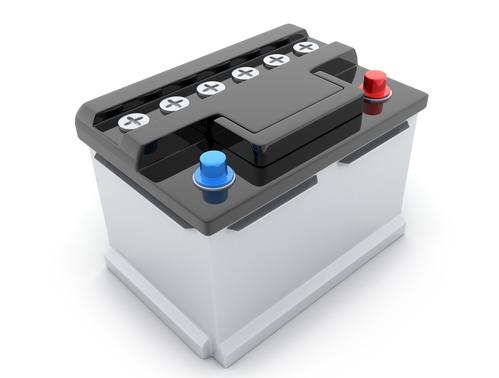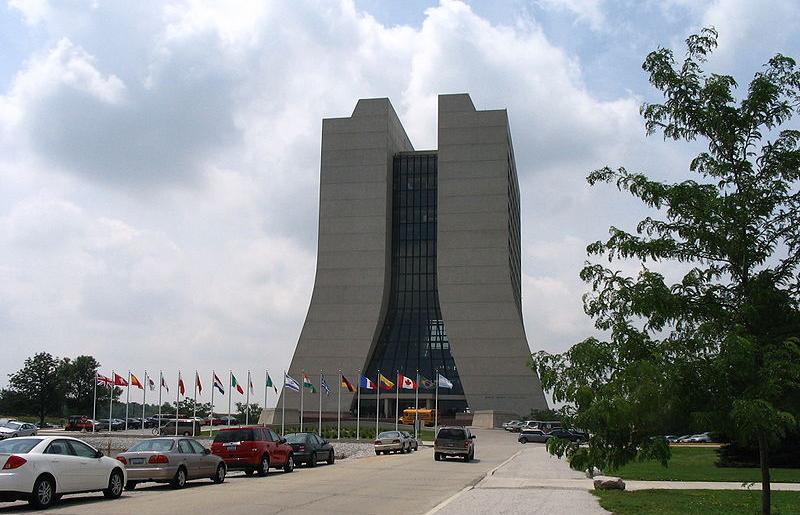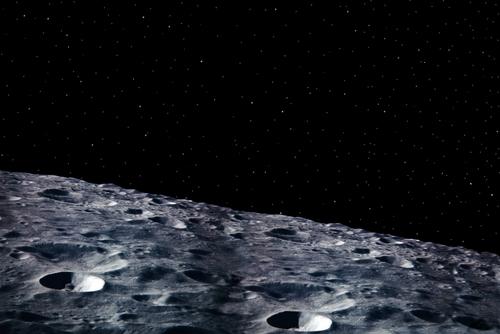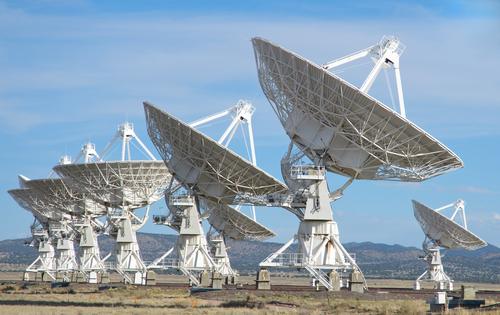Orion Jones
Managing Editor
Get smarter, faster, for success in the knowledge economy. Like us on https://t.co/6ZFWKpoKLi or visit https://t.co/d7r7dG2XOq
While the US will likely rebound from its current economic crisis, we will cease to rule the world. This century calls for a cleverer brand of American engagement abroad, not denial.
Russia, China and even Germany invest a lot of state money into particular companies to help them succeed. That sort of favoritism does not play well in the States, but should it?
By 2030, the world’s population will require 50 percent more food, 45 percent more energy and 30 percent more water. We need sustainable development not in spite of the crisis but because of it.
The Chinese have been vocal about using their vast currency reserves to give financial supported to an indebted Europe. Their aim is to protect their own commercial interests.
The young revolutionaries who inspired and organized political protests during the Arab Spring took a backseat to Islamic political parties in the ensuing elections. Is that a bad thing?
The human brain’s ability to recall the past, plan for the future, reason abstractly and navigate complex social relationships makes it far superior to other species’. But how did that happen?
At least in the sense that it is overturning old doctrines, like folk psychology, and attracting legions of people seeking answers to contemporary philosophical and spiritual questions.
A new book dispels some popular myths about the difference between introverts and extroverts. In the modern age, the author explains, our culture has shifted to valuing extroverts.
New research suggests that some people are born with a biological predisposition to addiction because of abnormalities in their brain. The results offer insight into potential treatments.
Science is better defining what have been some gray areas of consciousness. By using brain scans to measure the patients’ awareness, we are arriving at sounder and more ethical medicine.
Despite today’s focus on genetics, the longest-ever survey of human health and happiness suggests that making the right choices in midlife is the most important determiner of all.
Robotics companies are teaming up with health care providers to innovate how patients receive care. Medicine is the next arena about to undergo an information revolution.
Individuals with certain forms of the CD36 gene are more likely to prefer high-fat foods, say researchers. The new obesity data could help those who consistently struggle with weight gain.
Researchers who study the effects of sugar on the body say it should become a controlled substance. Biologically, it interacts with our body in ways similar to alcohol and tobacco.
Aging is just another non-infectious disease, like Alzheimer’s, diabetes or cancer, says Aubrey de Grey. We might be able to cure it using the protective sequences of our own DNA.
Despite Mark Zuckerberg, venture capitalism and the myths of Silicon Valley, the increasing complexity of our technological systems means successful innovation is occurring later in life.
Super Bowl 2012 is upon us, so we indulge the healthy quarterback vs. quarterback rivalry by asking which is a better leader. The glamorous Brady or the workhorse Manning?
Can the government help to restore what was once the country’s strong manufacturing base? Or are efficient technologies and cheap foreign wages too difficult to buck?
If you are looking to start a business after graduating college, but want to continue your education first, choosing an engineering degree over an MBA may be the wiser decision.
Are you ready to pay $19 per month, without a contract, for mobile phone service? That is what a new start up is offering by switching between WiFi and a standard carrier network.
For decades, automobiles have taken priority over pedestrians in city planning offices. That is set to change as we come to grips with what actually makes cities work: pedestrian traffic.
Your clothes may become the medium through which all the world’s electronic devices are connected. Soft screens woven into fabric may mean one less thing you must carry with you.
Nature always seems to get it right first. New research and computer modelling carried out at MIT suggest spider webs could inspire advances in engineering and online security.
Nanotechnology is working to keep your electronic devices from overheating, improving efficiency and extending their life. Machines as large as electrical transformers stand to benefit.
When it come to renewable energy, portable electronics or electric cars, storing energy is a must, and the more we can store, the better. Batteries are essential to sustainable energy.
Neuroscientists have taken the first step toward decoding our thoughts into language by observing which parts of our brain respond to different sounds. Potential benefits are endless.
Mysterious dark matter and dark energy may no longer be needed to explain the Universe’s accelerating expansion, which may be caused by tension between matter and antimatter.
America’s most powerful physics experiment, the Fermilab particle accelerator in Batavia, Illinois, is planning to test the results of a European experiment that claims to have seen the impossible.
While Newt Gingrich may have lost the Florida primary, he has been quick to inspire the popular imagination. But just how out there is his idea for a permanent American moon base?
In what should be a boom time for alien-oriented astronomers, given NASA’s recent discovery of an abundance of exoplanets, budget crises are holding back new projects that hold promise.

